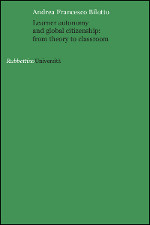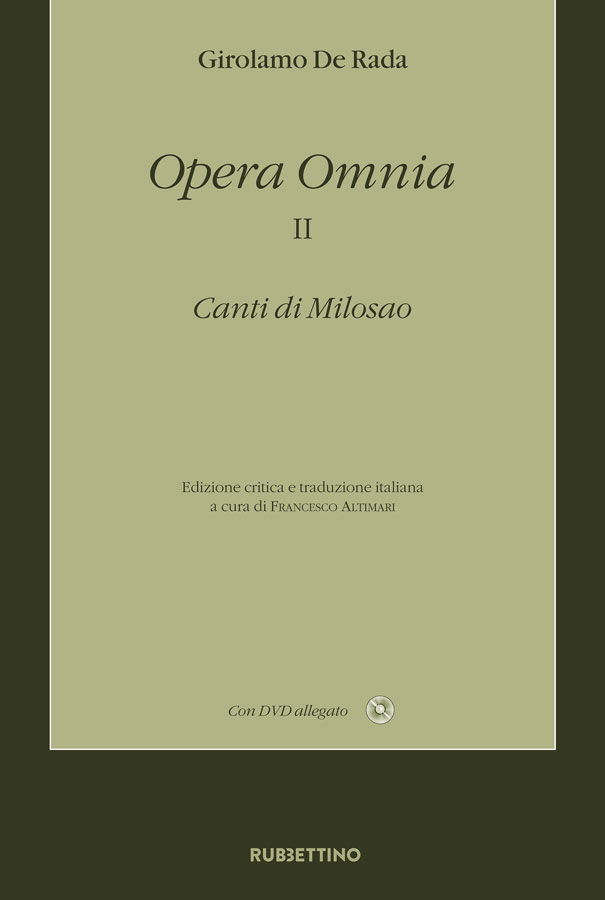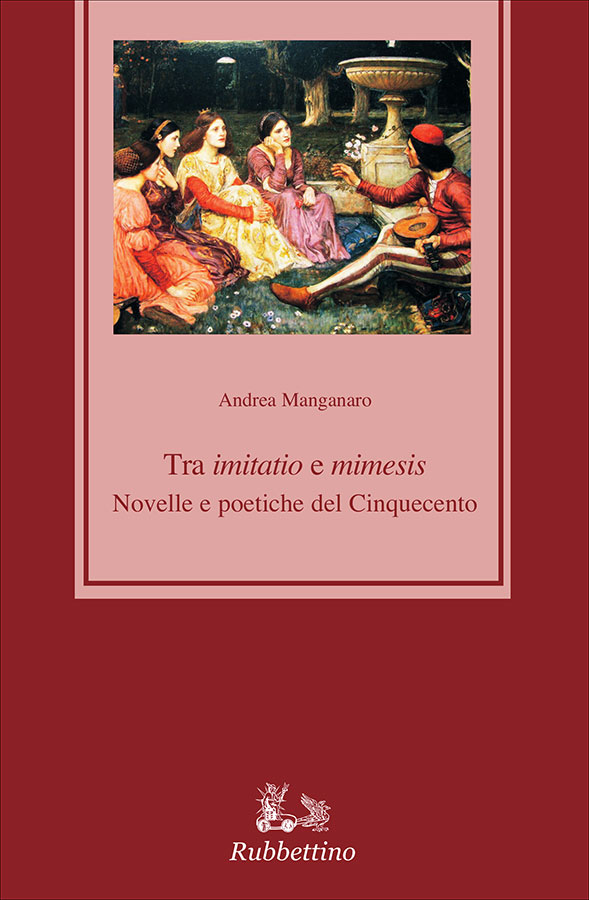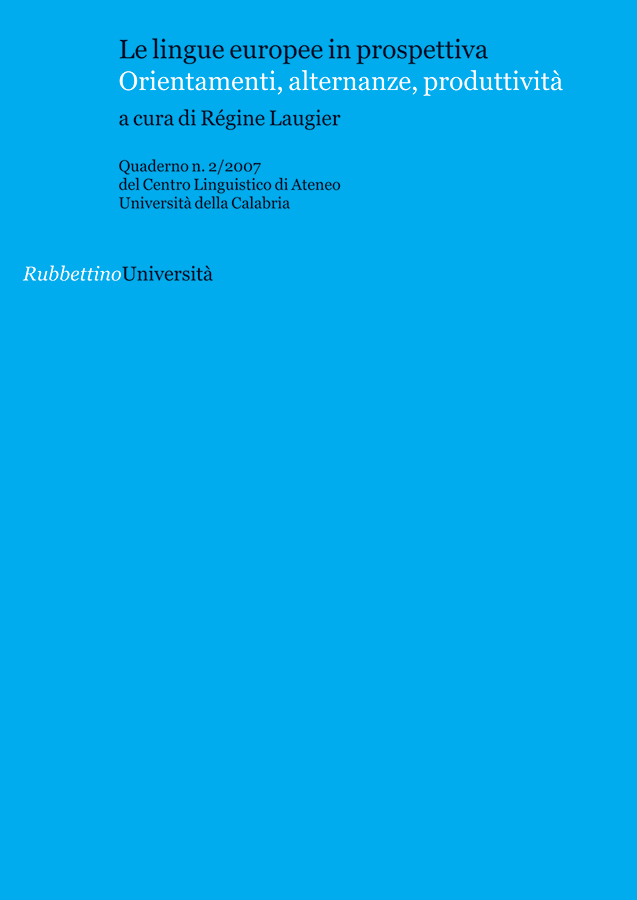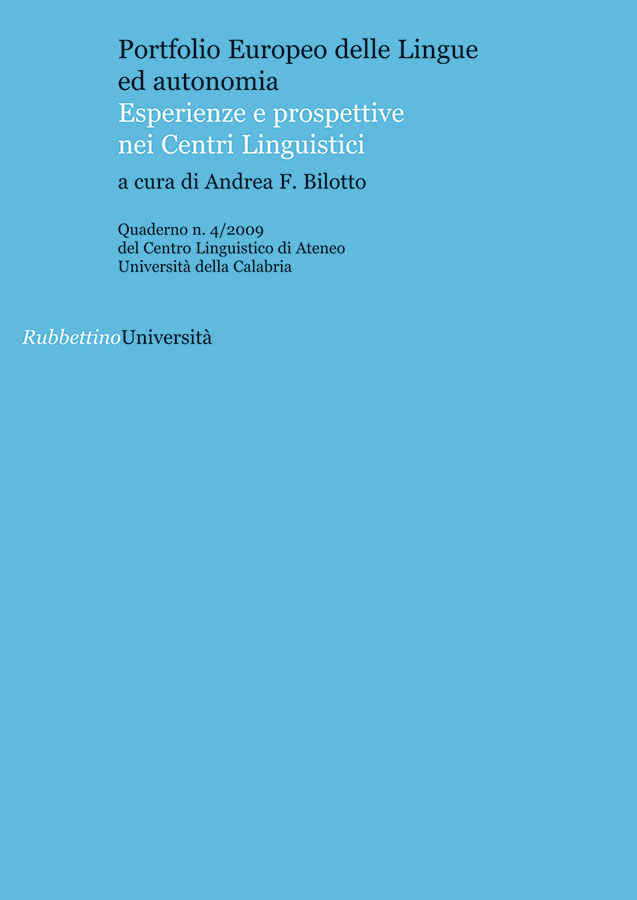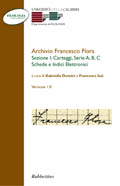Learner autonomy and global citizenship: from theory to classroom
Cartaceo
€11,40 €12,00
The book brings together two important concepts that pervade much of language learning research and pedagogy today: learner autonomy and intercultural communicative competence. It also addresses the issue of contextualising instruction in a socio-cultural
The book brings together two important concepts that pervade much of language learning research and pedagogy today: learner autonomy and intercultural communicative competence. It also addresses the issue of contextualising instruction in a socio-cultural language perspective through classroom-based collaboration between learners and teachers. The first part offers a theoretical background and a practical guide on how to develop language learners’ responsibility and autonomy in higher education. The second part aims to define the connections between culture and language and to underline the need for intercultural competence development. The organisation of the book reflects the concern for a theoretical background which justifies and supports methodological decisions regarding alternative approaches to traditional learning and teaching, and practical applications which favour individualised learning tasks. The book is for educators and researchers with an interest in second or foreign language learning who aim to develop learners’ autonomy, sense of responsibility and intercultural communicative competence.
